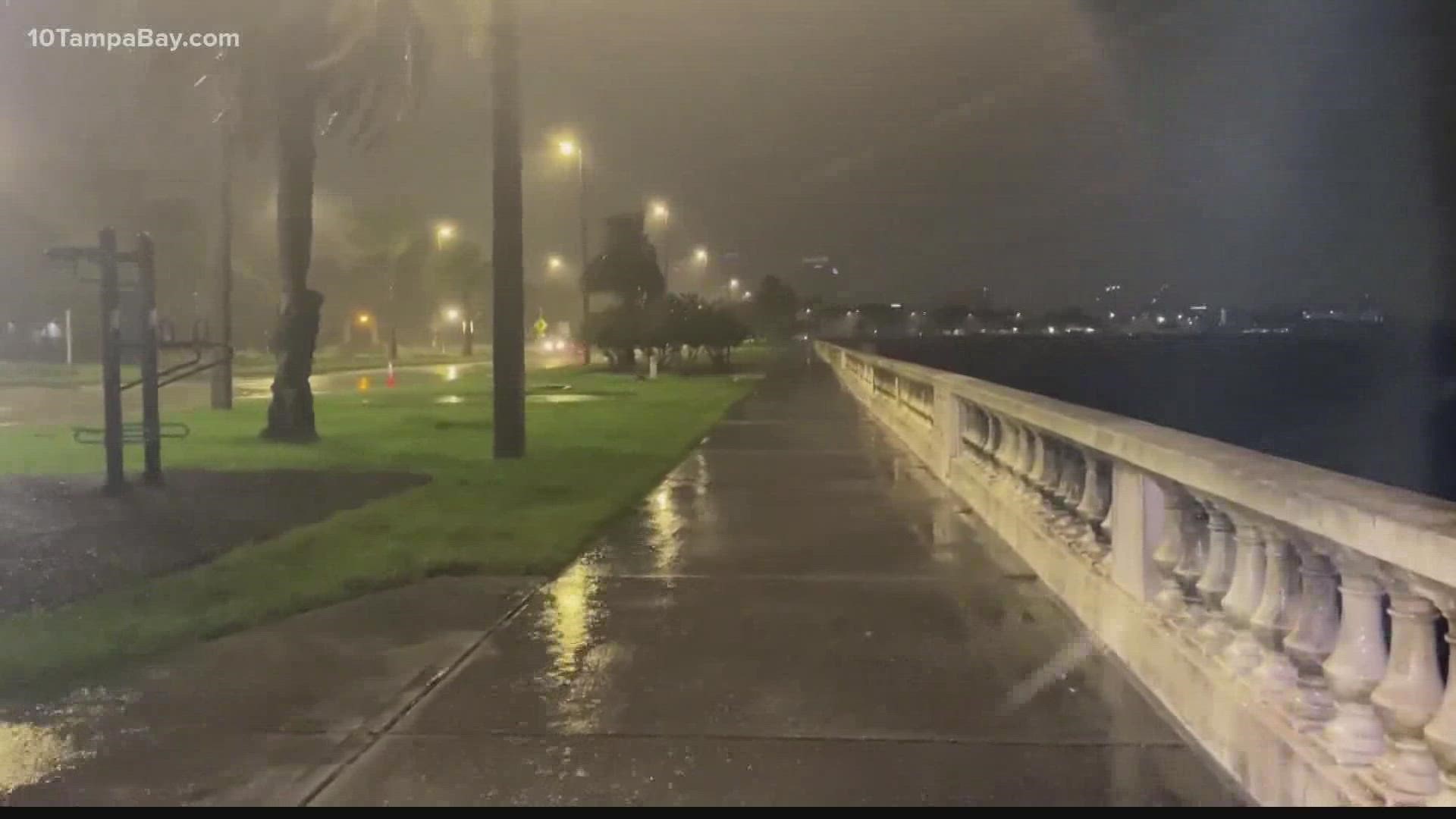ST. PETERSBURG, Fla. — This year's Atlantic Hurricane Season came to a close last Tuesday, and what a year it was.
Following a record-breaking 2020, hurricane forecasters predicted 2021 to be another above-normal season. While it may not have seemed active as many storms remained out at sea, the year did end up being above normal nonetheless.
And while the jury is still out on whether 2022 will be another over-active year, a new study done by the Massachusetts Institute of Technology adds to the argument that we'll continue seeing this trend long-term.
The study, published in Nature Communications, tries to look at the present state of hurricane season by first looking at its past. There is a cloud of uncertainty hanging around historical records of storms that date back to the 1850s. Reliable radars and satellites were not present until the 1970s. Before then, a lot of the data used to measure hurricanes was based on reports from ships and islands that happened to be in a storm's path.
So, what if 19th-century storm-trackers had access to modern technology? Well, the study's lead author, scientist Kery Emanuel, sought to answer that question by using climate modeling to gauge trends and fill in the gaps of the spotty and incomplete data provided by previous storm trackers.
"Nobody disagrees that that’s what the historical record shows," Emanuel said in a news release. "On the other hand, most sensible people don’t really trust the historical record that far back in time."
By using a technique known as "dynamical downscaling," Emanuel added real-world atmosphere and ocean measurements to a simulated model of the globe. He then sprinkled his simulated model with "seeds," which are the early conditions that could produce a storm.
What Emanuel found was an increase in North Atlantic hurricane activity year after year.
"There’s been this quite large increase in activity in the Atlantic since the mid-19th century, which I didn’t expect to see," Emanuel said.
While Emanuel's results did show more activity, he was also quick to say the reason why is still unknown.
"That is still a mystery, and it bears on the question of how global warming might affect future Atlantic hurricanes," Emanuel said.
10 Tampa Chief Meteorologist Bobby Deskins said he found it interesting that despite global temperatures rising, the study found only the North Atlantic region had an increase in hurricane activity over the last 150 years.
However, Deskins adds that Emanuel's models are an "interesting" way to replicate what was already known from historic data.
"We would expect more storms are found now because of our technology including satellites and better communications with ships versus in the past when we mainly relied on shipping reports and weather reports from islands," Deskins said.

